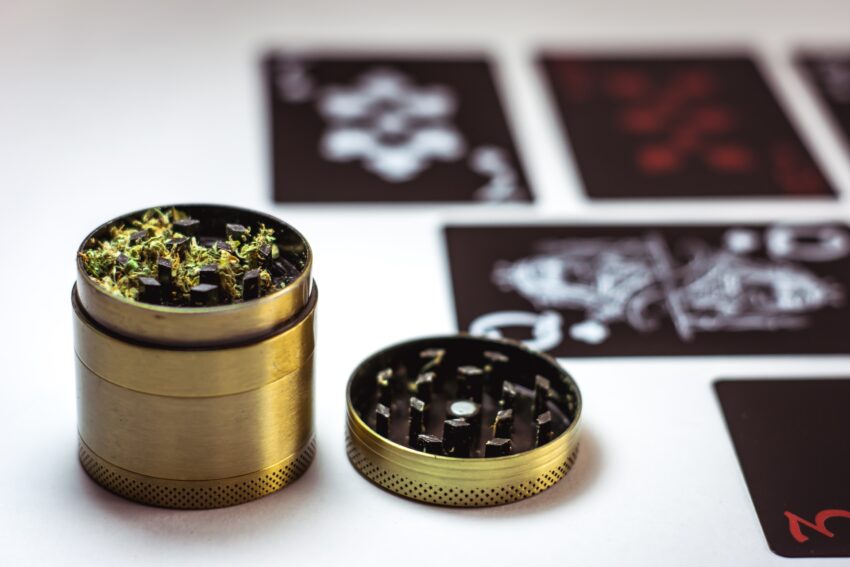If you live in a state with medical marijuana laws, you may wonder about the legality of getting a card. Understanding the process, qualifications, and costs is essential before deciding whether to get one.
Legality
If you have a qualifying condition and are certified by an approved physician, you can obtain a medical marijuana card in most states. The list of conditions and their eligibility can change, but the vast majority of states allow doctors to recommend medical cannabis to patients who have a debilitating illness or injury. The legality of medical marijuana cards has been questioned in some jurisdictions, but most states have legalized the use of marijuana by qualifying patients with a prescription from a physician. Some state laws permit patients to grow their own medicine, provided they possess a valid medical marijuana card from a licensed cannabis cultivator.
Once a patient is certified, the next step is to apply for their medical marijuana ID card at the state’s medical marijuana registry website. Once patients have a certificate, they can legally purchase marijuana and other products from dispensaries. However, they must show their ID at the dispensary and can’t cross state lines with their pot. The state also requires medical marijuana patients to have a caregiver, which can be a spouse or parent.
Qualifications
Patients seeking a Virginia medical marijuana card must first meet with a qualified healthcare practitioner. These practitioners include dentists, nurse practitioners, and podiatrists. You’ll have to provide details about your qualifying medical condition during your evaluation. The certifying practitioner will use this information to determine whether you qualify for a medical marijuana card.
Once you’ve been approved, your certification lasts for one year. To renew your registration, you must get another evaluation from a qualified healthcare practitioner and complete the renewal application online.
The certifying practitioner will also recommend how much cannabis to use and where to purchase it. This will help you manage your pain or other symptoms.
Certified patients may purchase up to a 60-day supply of medical cannabis at the registered organization’s dispensing facility. A certifying practitioner may limit the number of doses per day or the amount of product the patient can receive in a given period as long as the recommended doses are within the acceptable risk range.
Requirements
The process to apply for a medical marijuana card is straightforward. The first step is to find a medical practitioner from a partnered company like https://cannabisdocgroup.com/, who is registered with the Department of Health’s medical marijuana program and is willing to assess and certify you as an eligible patient.
Once you have a practitioner who can recommend you for the program, you can complete your application online with them. Once your application is approved, you’ll receive a medical marijuana card. This card is required when purchasing cannabis products at a state-regulated dispensary.
Having a medical marijuana card will allow you to access more premium strains of cannabis at dispensaries and higher-potency products than recreational customers can purchase. This can be particularly helpful for patients with certain illnesses requiring high-dose THC or CBD. However, you must still have a valid written certification from a doctor who has recommended you for the program. This certificate must be submitted in conjunction with your application for the medical marijuana card. After completing your application for the medical marijuana card, you will need to bring a copy of your certified patient certificate to the dispensary when you’re ready to purchase. This will make it easier for the pharmacist to identify you as a legitimate patient and provide the correct product.
Costs
The price of medical marijuana can be high, especially if you’re a patient who relies on it for treatment. Getting a state-issued card costs up to $200 a year in some states. Those costs can add up to a significant burden for patients with medical conditions, according to a survey by Americans for Safe Access. The organization found that 25 percent of respondents reported going without medical cannabis because it was too expensive.
Many states charge a fee for a med card, which can vary depending on the cost of living in the area and other factors. For instance, Illinois medical cards are available in one-year, two-year, and three-year packages for varying fees. Another way to reduce the overall cost of your med card is to buy your marijuana from a dispensary licensed for medical use. This can save you money by limiting your trips to the store and by eliminating the sales tax that recreational customers pay. In addition, many states exempt medical cannabis patients from sales and excise taxes. This means that you can save up to 5-10%, and as much as 35% in some cases, on your purchases.
While the costs of getting a med card can be high, it’s essential to understand all the potential benefits of it. These benefits can offset some out-of-pocket expenses and save you money.
Taxes
In most states, medical cannabis is taxed differently than recreational marijuana. Some do not tax it, or they tax it at a lower rate than other items sold at retail. Others tax it at a higher rate than other medications.
The filing frequency depends on the size of the dispensary or MMTC, but it is typically determined by how frequently the business makes sales. Penalties and interest costs can apply if you do not file a return.
Most states also require medical cannabis sellers to pay a weight-based tax on their products. These taxes are usually similar to cigarette taxes, varying widely from state to state. Counties may also impose local-option marijuana excise taxes on medical and adult use of marijuana.

